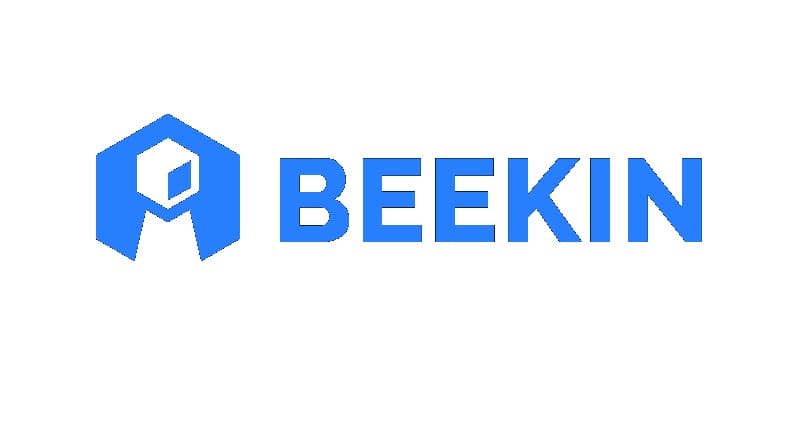
Beekin, a developer of next generation AI platforms for rental housing operators, today released a comprehensive guide to help property managers and owners improve their lease renewal rates and reduce vacancy time – both of which are critical in driving improved net operating income (NOI). Beekin’s report, 2024 Renewal Playbook – Renewals: The New Normal, focuses on how landlords and property managers can use modern technology and data to operate more efficiently, provide seamless interactions between property operators and residents, and create administrative efficiencies. It is based on data-driven analysis across research groups, multifamily operators and REIT executives with more than 150 years of operating experience, including an analysis of research from academic groups at the University of San Diego (UCSD). The UCSD researchers collected data from more than 2,000 properties comprising some 110,000 individual rental apartments.
Along with data-driven insights — ranging from price points that will attract current residents to renew to the perceived importance of energy efficiency or amenities in the renewal equation — the playbook will serve as a comprehensive resource. From these insights of NMHC-50 operators with 150+ combined years of operating experience in multifamily real estate, the playbook provides cheat sheets and centralization frameworks designed to help operators kick-start their renewal initiatives and strategic planning for 2025.
“Renewals cost US landlords over $50 billion every year through a mixture of vacancy loss, maintenance costs, remarketing the property and bad debt losses,” said Beekin founder and CEO Vidur Gupta. “But success still depends on increasing profits while reducing the scale of work needed on some of your properties. One of the best ways to do this is to keep current, good residents in your communities by making their renewal choice easy.”
Gupta added, “By retaining one resident for two, three, four or more years, you can maintain that consistent income without paying for the recruitment of new residents. This will provide a steady stream of income. And by staying in a community they love, residents forge long-term relations with their neighbors, enjoy stability, and benefit from great service — all of which form the promise that rental housing offers.”
For landlords and managers to foster goodwill with good residents, the playbook emphasizes seamless and consistent communications, positive move-in experiences, a centralized and accessible renewal team, site-level concessions, and a consistent, predictable renewal process.
“Regularly communicating with the resident, providing attentive service when things do go wrong and offering incentives for the resident to re-sign rather than move away at the end of their lease, you can grow a thriving real estate business,” Gupta said.
Beekin’s playbook also encourages the use of data and technology for market benchmarking, dynamic lease structuring, improved communications consistency, document rigor, long-term stability analysis, legal and regulatory compliance, assessing value of resident relationships, and partnering with professional advisors.
Gupta added that “technological advancements not only create operational efficiency, but also pave the way for a more seamless and standardized approach to resident interactions across the industry.”
“Building relationships, understanding individual needs, and providing exceptional customer service are the bedrock of a successful retention strategy,” he said.
The report can be read in full HERE
